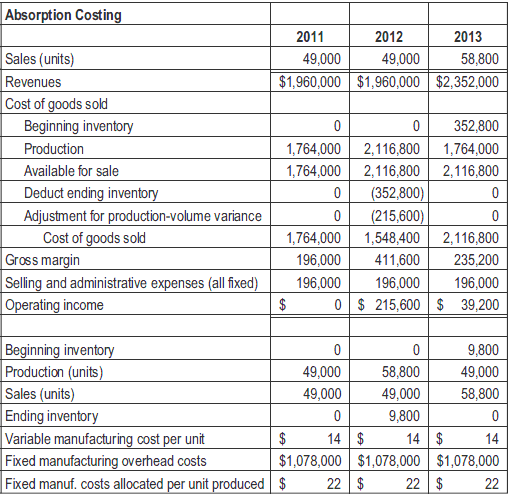Content

The Is The Matching Concept Related To The Cash Accounting Or The Accrual Accounting For A Business? recognition principle and the matching principle are two cornerstones of accrual accounting. The revenue recognition principle is a cornerstone of accrual accounting together with the matching principle. Some small businesses choose a hybrid of cash accounting and accrual accounting – they might use accrual for inventory but cash for income and expenses. When you use accrual accounting, you don’t have to pay taxes on orders/services until they’re fulfilled. For example, if you receive prepayment from a client, you won’t be taxed on that prepayment until you fulfill their order or service. This lets your company keep more money in the business until a future tax period.
The authors and reviewers work in the sales, marketing, legal, and finance departments. All have in-depth knowledge and experience in various aspects of payment scheme technology and the operating rules applicable to each. Deferred expense allows one to match costs of products paid out and not received yet. The cost of the tractor is charged to depreciation expense at $10,000 per year for ten years.
The cash method allows for a business to closely monitor cash flow which can be quite important when a business venture is first starting out. Companies that use the accrual method of accounting implement procedures to reconcile bank accounts and keep tabs on short term cash flow.
Matching principle is an accounting principle for recording revenues and expenses. It requires that a business records expenses alongside revenues earned. Ideally, they both fall within the same period of time for the clearest tracking. This principle recognizes that businesses must incur expenses to earn revenues.
This shows your cash flow broken up into transactions which is how you will know how well your business is performing – this shows when things pick up and when they slow down. Medium to large businesses, whose sales exceed 5 million on average over a three-year period, are required to do accrual basis accounting. If any of these questions are yes, accrual basis accounting might be best for your company. Investors and external parties need more complex reporting that shows how the business is performing. Large organizations recognize that the accrual principle is the more valid accounting system for determining the financial performance of their business.
It can be hard to keep track of finances when you’ve accrued payables and liabilities. The matching principle in accounting states that you must report expenses in the same period as related revenues.

https://intuit-payroll.org/ not directly tied to revenues should be reported on the income statement in the same period as their use. The matching principle in accounting states that ABC Farm must match the cost of the tractor with the revenue it creates, even as it depreciates. Because the items generated revenue, the local shop will match the cost of $1,000 with the $6,000 of revenue at the end of the accounting period.
A given business, other than prohibited entities, must meet the gross receipts test in order to qualify to use the cash method on their tax return. In order to meet the gross receipt test an entity must have an average annual gross revenue of $25 million or less. If you are unsure of whether you qualify under the gross receipts test, it is a good idea to reach out to your tax advisor. However, the matching principle necessitates the preparation of adjusting entries.
However, rather than the entire Capex amount being expensed at once, the $10 million depreciation expense appears on the income statement across the useful life assumption of 10 years. Expenses must be recognized on the income statement in the same period as when the coinciding revenues were earned.